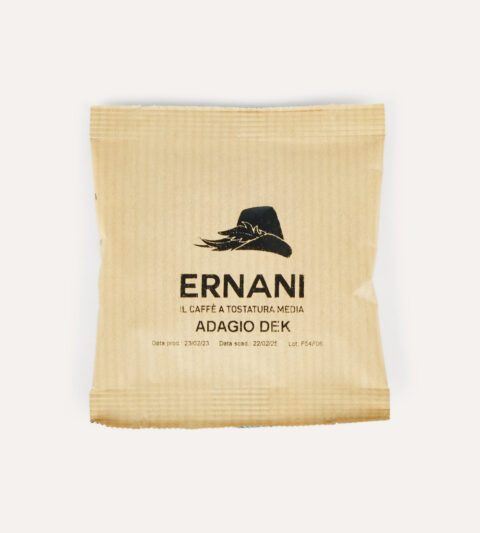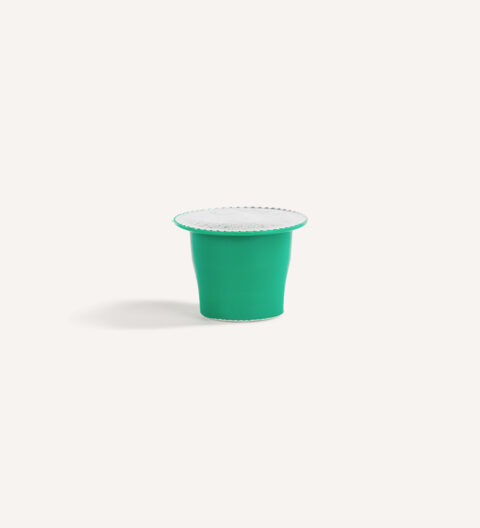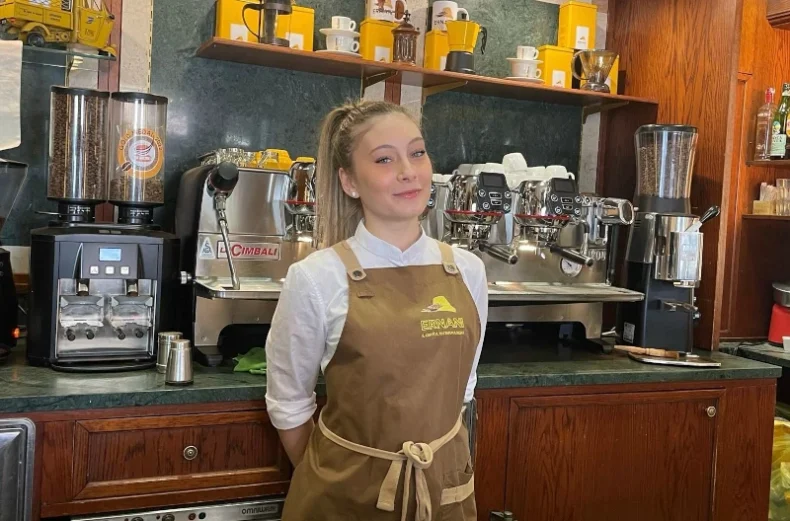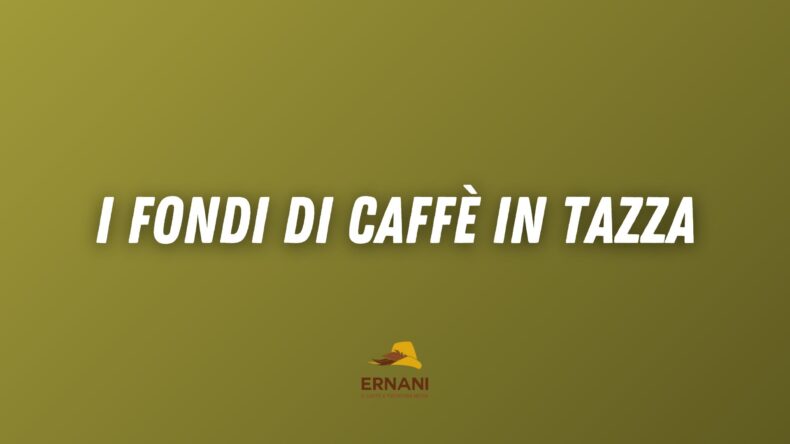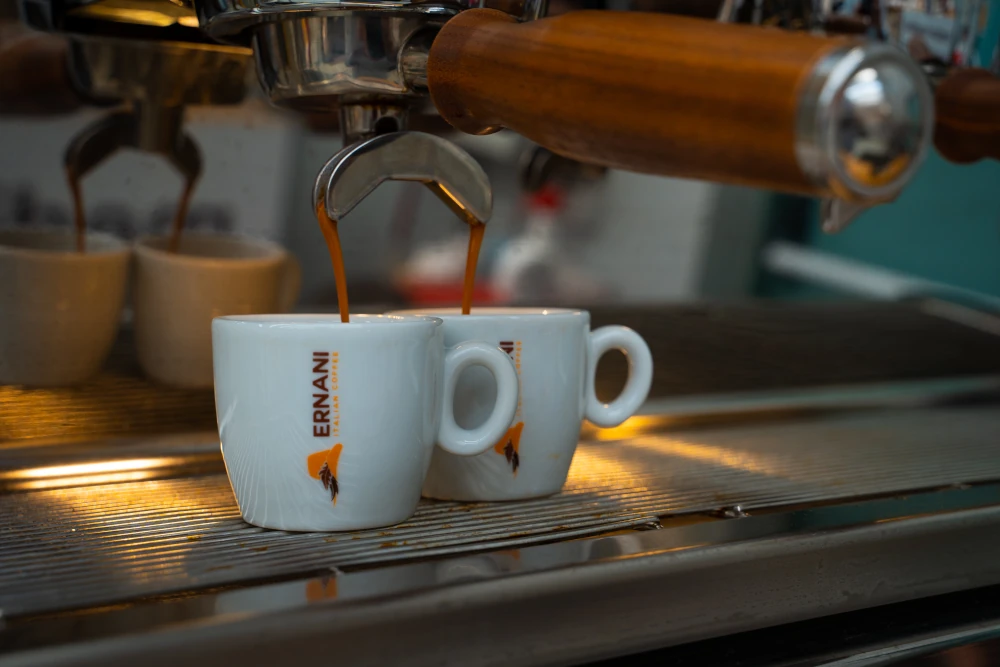
Let’s start the year with a light and fun topic–all the false myths and misconceptions I hear from customers inside bars!
1. Ginseng coffee is healthy
Nothing could be more false!
Ginseng coffee is a concentrate of milk powder, sugars, thickeners, coloring agents, artificial flavors, emulsifiers, and the list goes on much longer.
P.S. On the topic I made a dedicated video on our social profiles!
The only part of coffee we find in “Ginseng Coffee” is a paltry 10 percent instant coffee, so the highly processed kind, which is found in the presence of hot liquids.
So it seems to me to be a nonsense not to take espresso coffee because it is bad for you, but then to take the one that is much more processed and has nothing natural about it at all!
And the only part of ginseng present in “Ginseng Coffee” is an even more paltry 0.5 percent (only in the really good ones do we find 1 percent Ginseng). This is because above 2 percent Ginseng is considered medical and therefore sellable only in pharmacies.
It is even more of a nonsense then to take a ginseng drink, when what we are drinking for 85 percent and more is sugar, milk powder and other artificial things…
When I broach this subject, however, admirers of ginseng tell me, “It actually gives me more energy, though, how do you explain that?”
With all that sugar you obviously have a lot of energy afterwards!
But wouldn’t it hurt less to eat a sugar packet directly at this point?
2. The “regular coffee”
To us in Torrefazione Ernani in Milan this episode will surely happen more often than in other places, but let’s explain.
The customer comes in and asks for “coffee.”
Now you may already be wondering, “What’s wrong with this request?” the wrong part is that the sentence ends right there….
But exactly what coffee would you like?
I know it’s still not clear what the concept is–I’ll get right to it: we are so used to thinking that coffee is one and only one that we don’t even know what coffee really is.
The term “coffee” is a hatched term that encompasses the different fruits and drinks in all its possible combinations, extractions, origins, blends, etc.
What at most you would like to ask the barista is “one espresso, please.”
Moreover, we, having as many as 4 different coffees in the machine available to customers, happen to ask “which coffee?” and the answer is almost always “the regular one!”
But which one is the normal one for you?
You are used to drinking robust, so for you normal is super bitter? Or are you used to drinking very mild coffees, so for you the normal one is the fragrant and sour one? And so on.
In Italy, online, in supermarkets, stores and coffee shops, there are more than 2,500 different roasters, which in turn produce many different coffees from all over the world, from ever-changing plants and varieties.
What then is normal coffee?
Then I understand why we say “normal coffee,” I know it is an Italian cultural convention, but if we already start eliminating the word “normal” in speech, our minds will open to so many new interpretations of coffee and we will begin to understand that it is not one and only one!
3. Decaffeinated coffee is not real coffee
Why is this said?
Not everyone thinks so of course, but many do!
Decaffeinated coffee is for all intents and purposes coffee; it always comes from a specific plant and its fruit called drupe.
It simply had its caffeine removed by specific processes.
So it is no longer coffee for this?
Decaffeinated coffee is coffee, and there is also very good coffee, just select quality coffee!
-
Adagio (dek) – 150 paper pods
Aromatic and intense decaffeinated Pack of 150 paper pods …€44,00 / 3 months Select optionsAcquisto Veloce -
Adagio (dek) – 20 / 200 capsules
Aromatic and intense decaffeinated Pack of 20 or 200 (discounted) capsules …€7,50 / 3 months – €60,00 Select optionsAcquisto Veloce -
Adagio (dek)
Aromatic and intense decaffeinated …€7,50 – €22,00 / 3 months Select optionsAcquisto Veloce
4. The goodness of an espresso depends only on the skill of the barista
True, but not 100%.
Of course, a brazita’s ability to work can make an incredible espresso as undrinkable, so relying on the right professional is really very important.
It is also true, however, that we may be looking at the best barista in the world, but if that barista uses poor raw material, the espresso can never come out right!
So be careful to select the venue based on:
- Cleanliness and orderliness of the room and equipment
- Bartender skills and professionalism
- Quality of coffee used
5. Espresso with high crema is the best!
Last but not least is the espresso crema.
How many times have we heard in coffee shops the famous “sugar test,” which is that quality cream must be able to keep sugar afloat. Consequently, therefore, the espresso will also be of excellent quality.
Nothing more wrong!
Crema is most important for espresso, because it is the cap that keeps aromas and flavors in the drink until tasting.
But it is also true that this must have the following characteristics to be of quality:
- Hazel-colored
- Compact
- End
- Tightly knit
- Without micro and macro bubbles
- Silky
- Shine
- Smooth
- With slight darker streaks
As you can see the sugar test has nothing to do with it at all, and above all, a good espresso should be drunk without sugar!
We have also talked about this extensively on our social profiles!

